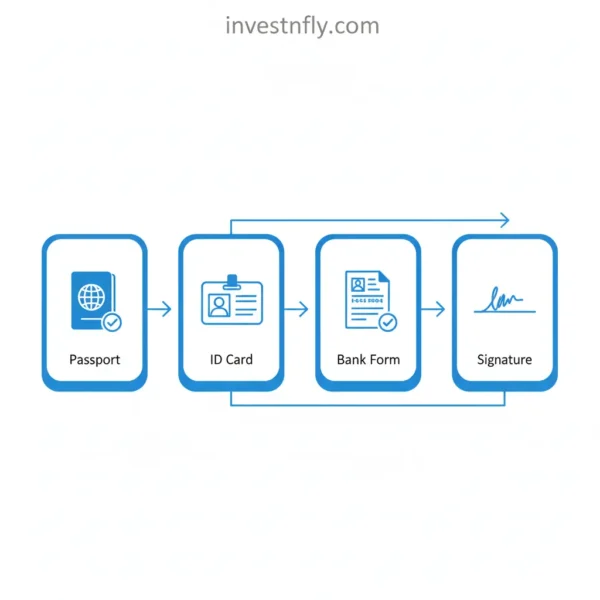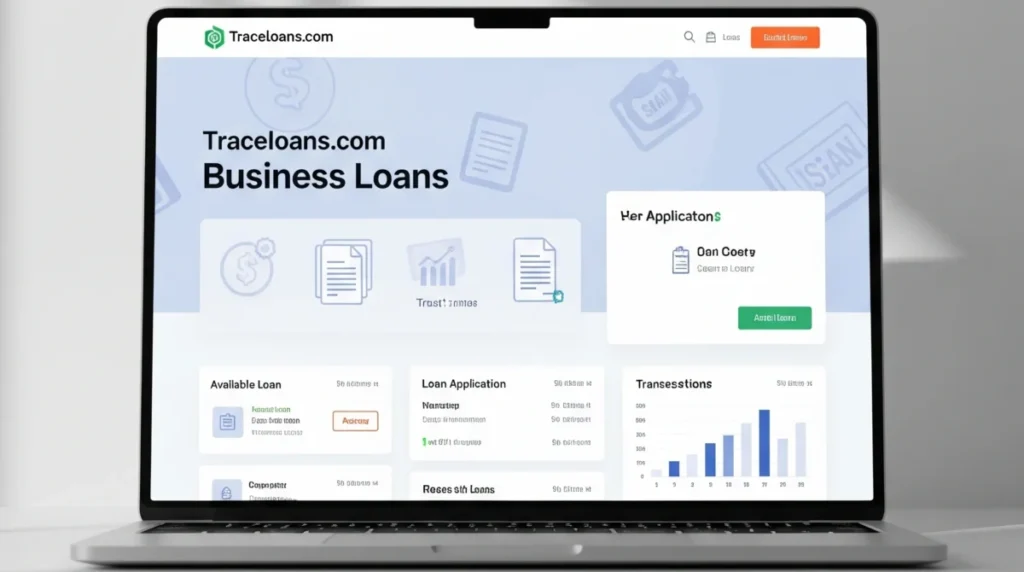
Editorial note: A Heter Iska is a partnership-style financing structure based on Jewish law (Halacha), where returns are tied to profit instead of fixed interest. Availability in the US is limited and changes over time. This page is independent editorial content and is not legal advice or a lender offer. Always verify current products and terms directly with the bank.
New to the concept? Start with our Heter Iska overview.
Table of Contents
Why this list matters
Finding a US bank that supports Heter Iska can be tricky. Public information is scattered, product menus differ by state, and some institutions only support Iska structures for specific lines (e.g., business vs. mortgage). This guide shows you where to start, how to verify, and what to ask before you apply—so you don’t waste time or end up with the wrong product.
Quick Look — US Institutions That Reference Heter Iska
Important: Treat this table as a starting point. Before you rely on it, call the bank and confirm: (1) which products are currently offered under Iska, (2) states served, (3) documentation, and (4) any fees/reporting requirements. Availability can change.
| Bank / Lender | HQ / Region | Product Types Seen Historically* | Where to Check on Site | Notes & Action Items |
|---|---|---|---|---|
| Devon Bank | Chicago, IL | Mortgages, business financing | Search for “Heter Iska” or legal pages | Longtime participant; confirm state coverage & product line before applying |
| Cross River Bank | Fort Lee, NJ | Business/personal structures | Legal/disclosures section | Strong NJ/NY presence; verify current consumer vs. business options |
| Community / synagogue-affiliated | NY/NJ + select cities | Community, small business (case-by-case) | Clinic/organization site or phone | Often relationship-based; ask for Iska-friendly officers |
| Law-firm–facilitated arrangements | National (advisory) | Contract guidance (not a lender) | Practice pages (banking/finance) | Can help structure agreements; actual funding still via a bank |
*“Seen historically” = mentions or past disclosures you may find online or from community references. Not a promise of current availability.
How to Verify a Bank Offers Heter Iska Right Now (3-Step Method)

Step 1 — Website sweep (10 minutes)
- Use site search:
site:[bankdomain].com "Heter Iska"or look under Legal/Disclosures, Products, or Community Banking. - If nothing appears, don’t assume it’s unavailable—some banks keep Iska info off marketing pages and handle queries by phone.
Step 2 — Call the right desk (15 minutes)
Ask for commercial lending (for business needs) or mortgage (for home financing). Use a short, clear script:
“Hi, I’m exploring financing under a Heter Iska agreement. Do you currently support Iska-structured [business / mortgage] facilities in [your state]? If yes, what documents do you need and what’s the next step?”
Step 3 — Request written guidance (same day)
- Ask for written confirmation of availability, product type, state coverage, and a sample Iska agreement or term sheet (redacted is fine).
- If they can’t share a sample, request a bullet list: how “profit” is defined, reporting/audit expectations, how breakeven or loss years are handled, and early payoff terms.
Product Types: Where Iska Shows Up (and Where It’s Rare)
- Business financing (most common): Working capital, equipment, or project funding where profit/loss can be tracked.
- Mortgages / real estate (select lenders): Some institutions structure home financing via Iska; state rules and bank policy matter.
- Personal/consumer (limited): Possible but uncommon; banks often prefer business contexts where profit measurement is clearer.
Tip: If you only see business Iska, ask whether owner-occupied commercial real estate could be structured. Sometimes that’s a doorway when consumer mortgages are not offered via Iska.
What to Ask the Lender (Verification Checklist)
- Products & geography: Which products are Iska-supported today? Which states are eligible?
- Profit definition: How do you define profit for returns? EBITDA? Net profit after certain adjustments?
- Reporting duties: What financial statements or CPA letters are required? How often?
- Loss/breakeven treatment: What happens in a no-profit or loss year? (Return reduced/zero?)
- Audits & rights: Do you reserve audit rights to confirm profit figures? Who bears the cost?
- Fees & early payoff: Any documentation fees, late charges, or prepayment conditions?
- Rabbinic approval: Is a specific rabbinical authority involved, or does the bank rely on a standard template?
- Timeline: From application to funding, how many weeks on average?
Keep answers in a simple note or email thread. If you later compare two lenders, these points make an apples-to-apples decision possible.
Example Scenarios (Illustrative Only)
These examples are not offers. They simply show how Iska logic differs from fixed-interest loans:
| Facility | Outcome | Conventional Loan (illustrative) | Under a Heter Iska Agreement (illustrative) |
|---|---|---|---|
| $50,000 | $10k profit | Interest due regardless (e.g., 8% = $4,000) | Lender’s return is a share of profit (e.g., 20% = $2,000) |
| $50,000 | Breakeven | Interest still due | Return may be limited or $0 (see contract) |
| $50,000 | $5k loss | Interest still due | Return typically $0; loss handling per agreement |
Why this matters: If your cash flows are volatile, Iska’s risk-sharing can align payments with outcomes. The tradeoff is documentation and reporting to prove those outcomes.
Pros & Cons vs Going the Conventional Route
Pros
- Halacha-compliant structure (no fixed interest; profit-based)
- Risk-sharing can soften payments in weak years
- Can unlock funding for borrowers who require kosher finance
Cons
- Limited availability; not every state or product is supported
- Heavier documentation (profit tracking, audit rights, CPA support)
- Return mechanics may feel “less predictable” than fixed interest
- Some lenders may add fees to offset risk/complexity
If you are purely optimizing for the lowest total cost, compare an Iska quote to a conventional loan side-by-side. If religious compliance is essential, Iska’s advantages go beyond price.
Regional Pointers (Practical)
- Chicago / IL: Historically easier to find conversations about Iska; start with community references and banks known to discuss Iska publicly.
- NJ / NY metro: Higher chance of finding lenders familiar with Iska frameworks. Still, call first—branches differ.
- Other states: Network through community organizations, law firms that have drafted Iska agreements, or business groups that have used them.
If you run a business: asking your CPA if they’ve supported clients on Iska deals can surface lender contacts quickly.
How to Approach a Bank (Email Script)
Subject: Inquiry — Heter Iska–structured [Business/Mortgage] Facility in [State]
Hi [Name/Team],
I’m exploring financing under a Heter Iska agreement for a [brief purpose: e.g., “working capital for my retail business” / “owner-occupied real estate”] in [State].
Could you confirm if you currently support Iska-structured [business/mortgage] facilities in my state? If so, please share:
- Eligible product types and states;
- A document checklist and typical underwriting timeline;
- Any fees, early payoff terms, and reporting/audit requirements;
- A sample Iska agreement (or a summary of how profit and loss are handled).
Thank you,
[Your Name]
[City, State] | [Phone]
Shortlist done? Assemble the eligibility & documents pack lenders expect.
FAQs
Do I need to be Jewish to apply?
Not necessarily. Some banks focus on borrowers who require Halacha-compliant structures; others may consider non-Jewish applicants case-by-case. Ask the lender.
Is a Heter Iska agreement legally recognized in the US?
Banks that use Iska implement it via contract. As long as consumer/business banking and state rules are met, it can align with US law. Always work with your lender—and consider independent legal counsel.
Are Heter Iska mortgages available?
In some markets, yes, but it’s less common than business financing. Confirm current policy and state coverage with the bank.
How long does the process take?
Timelines vary. A typical path is 2–4 weeks from initial call to funding, assuming documents are ready and the agreement terms are straightforward.
What happens in a loss year?
Returns are profit-based per the contract. If there’s no profit, the lender’s return may be reduced or zero under the agreement, subject to reporting/audit terms.
Conclusion
US options for Heter Iska are niche, but if you need Halacha-compliant finance, the right bank can structure it. Start with a website sweep, call the correct lending desk, and request written details before you submit. Compare Iska terms with a conventional loan so you understand the tradeoffs, then choose what fits your faith requirements and cash-flow reality. If the bank needs time to assemble the right template, be patient—getting the profit definition and reporting right is worth it.
Next, follow the application steps to request an Iska-structured facility.


